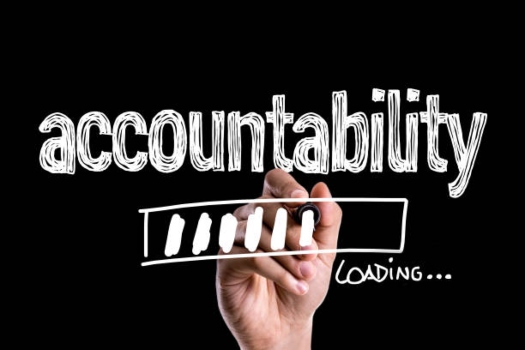And He Shall Be Called…
What’s in a name? This is a question that is often not given much thought. I know I haven’t given much thought to what my first name means or why I was named Mark. I just know who I am.
However, my middle name is Eugene which was my dad’s middle name. This name I’ve thought about. I am proud of this name. It’s also who I am. I’ve shared this name with my oldest son.

The reasons names are given to people by parents are all over the map. There are family names. People named after singers, actors, characters in movies, TV shows or books. Or maybe they are just a clever “play on word” name. Some of them make me scratch my head, “What were these parents thinking?”
I’ve known people, for whatever reason, didn’t like their names.
How do you feel about your name?
Are you living out who you were named to be?
In the Bible we find people named for a variety of reasons. Many of these were significant.
For example:
- Moses means drawn from the water, son, deliverer – this is a pretty accurate description of who he was and who he became.
- Abraham means father of a multitude – it started as Abram which just means father until God changed it to Abraham.
- Jacob means grasping the heal – which is what happened when he was born. It also means deceiver, underminer and sneaky. All of which he was.
- Benjamin was originally named Benoni by his dying mother which means son of my trouble or sorrow. After his mother died, Jacob changed it to Benjamin which means son of my right hand. This second name seems to be a more positive name.
Isaiah tells us that God named his first son Shear-jashub – a remnant will return (Isaiah 7:3). This was looking to the future and what they could expect in the future. God gave Isaiah’s second son the name Maher-shalal-hash-baz – swift to plunder and quick to carry away (Isaiah 8:1-4). This is what they could expect first.
Isaiah followed up with a message of hope in chapter 9 verses 2-7. He tells them about the Messiah. That darkness and despair will not last forever.
He will be called Wonderful Counselor, Mighty God, Everlasting Father, Prince of Peace.

These names mean – there will be restoration, going back to the way things were in the beginning.
Names mean something.
In Exodus 3, Moses encounters the burning bush. When he goes to take a closer look, God called to him. Moses answered, “Here I am.”
I don’t know about you, but if a burning bush called my name…I’m not sure that I wouldn’t have turned and run.
But Moses stayed and it’s good that he did.
God went on to say, I am the God of your father – the God of Abraham, the God of Isaac, and the God of Jacob.” (Exodus 3:6) God went on to tell Moses to go rescue the Israelites from the Egyptians. But Moses protested and said, “Who am I to lead the people of Israel out of Egypt?”
God told Moses that He would be with him. Moses still pushed back and didn’t feel that he could do this.
Don’t we all feel like this when God calls us to do something that we feel uncomfortable doing.
Moses asked God, if I tell the people that the God of their ancestors has sent me, they will ask, “What is his name? Then what am I to tell them?”

God replied to Moses, “I Am who I Am. Say this to the people of Israel: I Am has sent me to you. This is my eternal name, my name to remember for all generations.”
This name says it all. It tells us who God is and who He will always be.







































